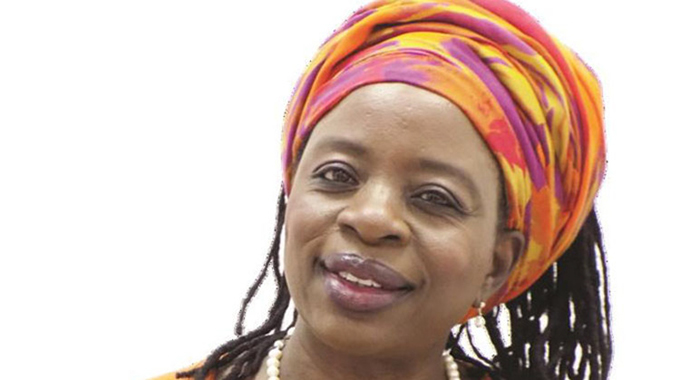‘Domesticating value chains is the way’
THE Minister of Industry and Commerce, Dr Sekai Nzenza, says creating solid domestic value chains is a top Government priority as Zimbabwe forges ahead with its drive to substitute imports.
Despite a slowdown on importation recently, Zimbabwe still has higher foreign expenditure on goods and services that could be availed locally. For example, official records indicate the country is importing US$1 billion on steel and steel products per year yet it has vast deposits of iron ore.
The situation is compounded by the continued malfunctioning of Zisco, which closed shop at the height of inflation in 2008. Agricultural, pharmaceuticals and leather imports also continue to drown local produce due to weak domestic value chains, which the Government and the private sector now want to reverse.
A higher import bill drains the economy of the scarce foreign currency, cripples domestic capacity utilisation and negatively impacts on job creation.
Under the Local Content Strategy, which seeks to leverage from utilisation of local resources in the production and provision of goods and services for the Zimbabwean economy, value addition and beneficiation are key elements.
“Our main role is to create an enabling environment for business to thrive. As an industry there is a need to realign the thinking towards local production, domesticating value chains.
“We are currently importing a lot of products that can be produced locally. We are importing US$1,1 billion worth of steel products yet we got massive iron ore in this country,” said Dr Nzenza on Friday. She was among the dignitaries who attended the historic launch of the foreign currency-denominated Victoria Falls Stock Exchange (VFEX).
“VFEX is creating an enabling environment for local production and investments. Through our Local Content Strategy, we are hoping to bring on board more investors to invest on leather, pharmaceutical, and steel.
“We should produce our own steel, we will resuscitate Zisco Steel. We shall be focusing on some key low-hanging fruits such as leather production and pharmaceuticals.
“We will be promoting the whole beneficiation and value addition of our agricultural products. The fair trading here would enable or increase local production and creation of jobs and we also hope that there will be more innovation.”
Hopes are high that raw material manufacturing players could benefit from participating on the VFEX to secure foreign exchange. In that regard, Dr Nzenza said Victoria Falls, which has been accorded a Special Economic Zone status, was likely to attract higher investor interest and see vibrant development of industries. Such a scenario, she said, would buttress the local production drive and fit in very well with the President Emmerson Mnangagwa’s vision of creating an upper middle-income economy by 2030.
“The President is talking about production and profitability, this will be a key enabling factor in realising those goals,” said Dr Nzenza.
“Victoria Falls is a Special Economic Zone and there will be diversification of industry here, which will create more jobs through innovation and economic growth.
“So, what is being launched here will quite clearly encourage free and fair trading but that will be buttressed by domestication of local production.”-chronicle.co.zw











